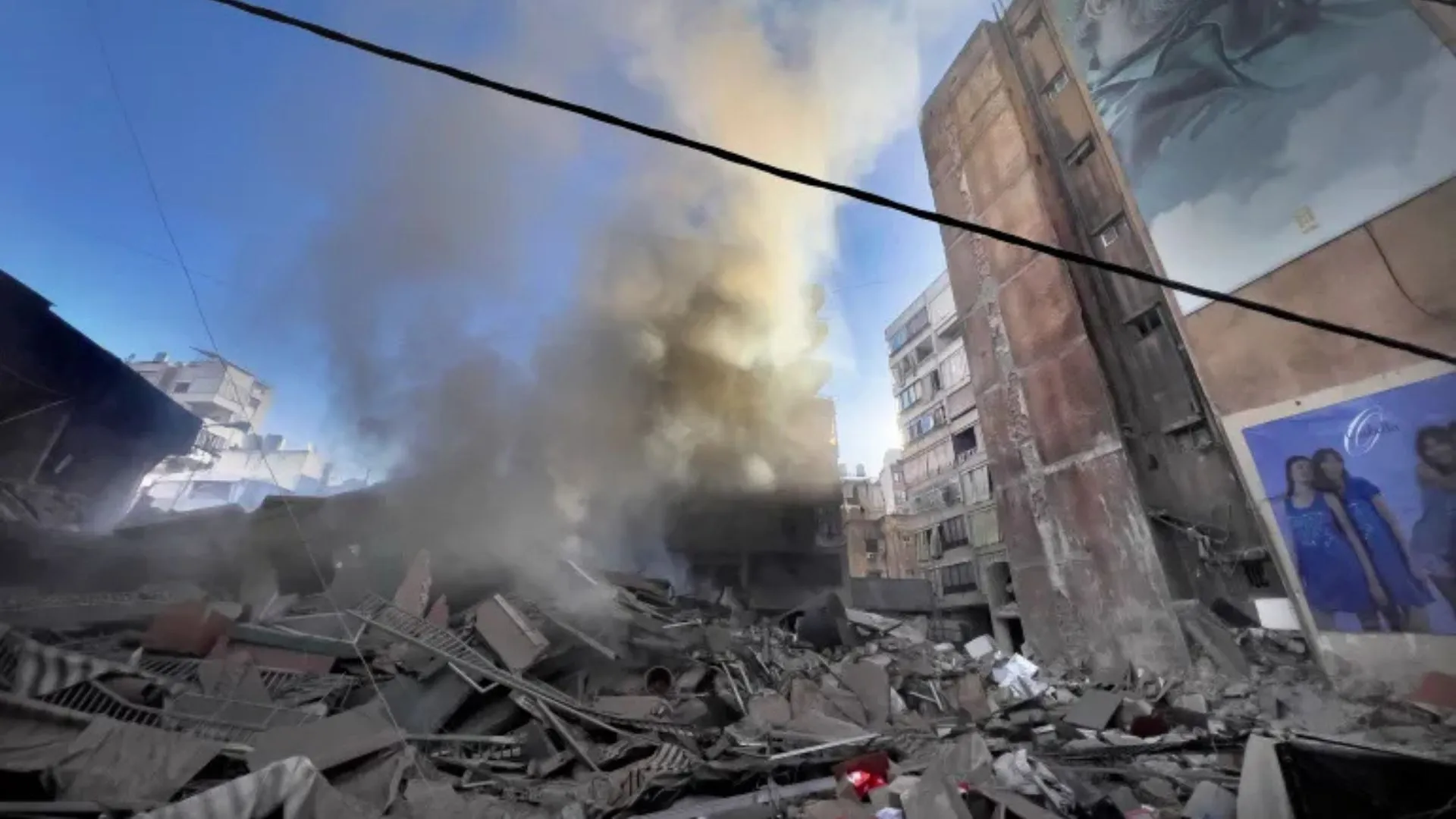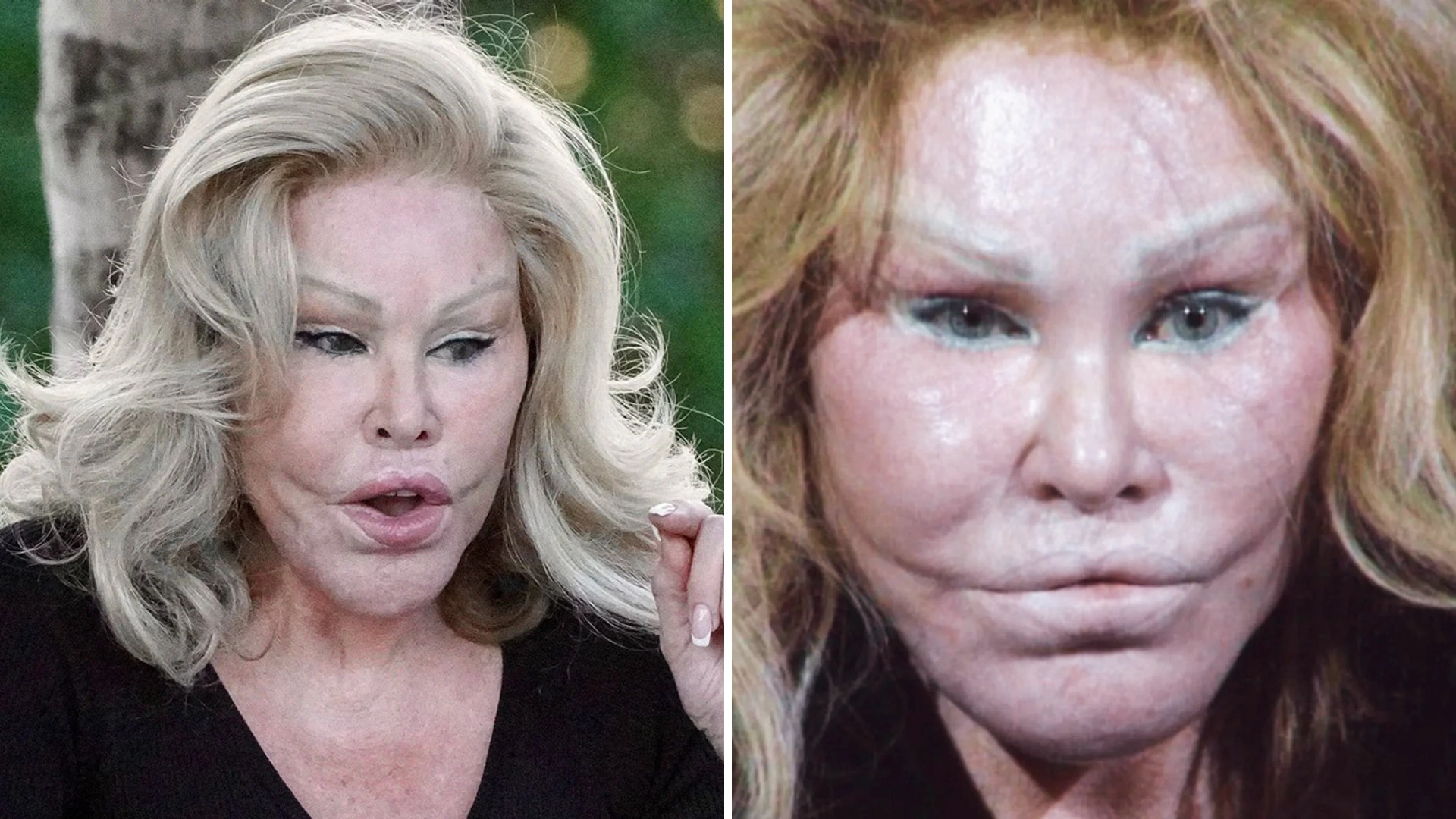South Korea’s joint investigation unit has formally requested an arrest warrant for suspended President Yoon Suk Yeol in connection with his brief imposition of martial law earlier this month. The request, confirmed by an official on Monday, marks an unprecedented development in the country’s political history.
Investigation into Martial Law Declaration
The joint probe by police and the Corruption Investigation Office for High-ranking Officials (CIO) is examining whether Yoon’s martial law declaration on December 3 constituted insurrection. Despite multiple summons for questioning, Yoon has not cooperated with investigators, prompting the arrest warrant request.
This is the first time in South Korea’s history that an arrest warrant has been sought for a sitting president. A Seoul court is expected to decide whether to issue the warrant following the request.
Notably, insurrection is among the limited charges for which a South Korean president does not enjoy immunity.
Legal Challenges and Defense For Yoon Suk Yeol
Yoon Kab-keun, a lawyer representing the suspended president, expressed skepticism over the jurisdiction of the anti-corruption agency in this case. “The anti-corruption agency has no authority to investigate insurrection charges,” Yoon Kab-keun told Yonhap News Agency.
President Yoon Suk Yeol was impeached by parliament earlier this month, leading to his suspension from presidential duties. The impeachment followed his decision to briefly impose martial law, during which masked troops equipped with rifles, body armor, and night-vision gear entered parliament.
Yoon Suk Yeol Martial Law Declaration
The declaration sparked intense resistance from parliamentary staff, who attempted to counter the troops using fire extinguishers. The martial law decree lasted only a few hours before being overturned by a parliamentary vote, prompting Yoon to rescind the order.
The episode shocked the nation, which has been a democracy since the 1980s. It also raised concerns among South Korea’s international allies, including the United States, as well as key trading partners in Asia’s fourth-largest economy.
A Constitutional Court trial is underway to determine whether Yoon will be reinstated or permanently removed from office. The court has up to 180 days to reach a decision.
During the first preparatory hearing last Friday, Yoon’s legal team requested a delay to allow more time for preparation. However, the court denied the request, citing the need for swift proceedings.
The next hearing is scheduled for January 3.
Also Read: Bangladeshi Americans Appeal To Trump To Protect Religious Minorities Amid Rising Violence




















